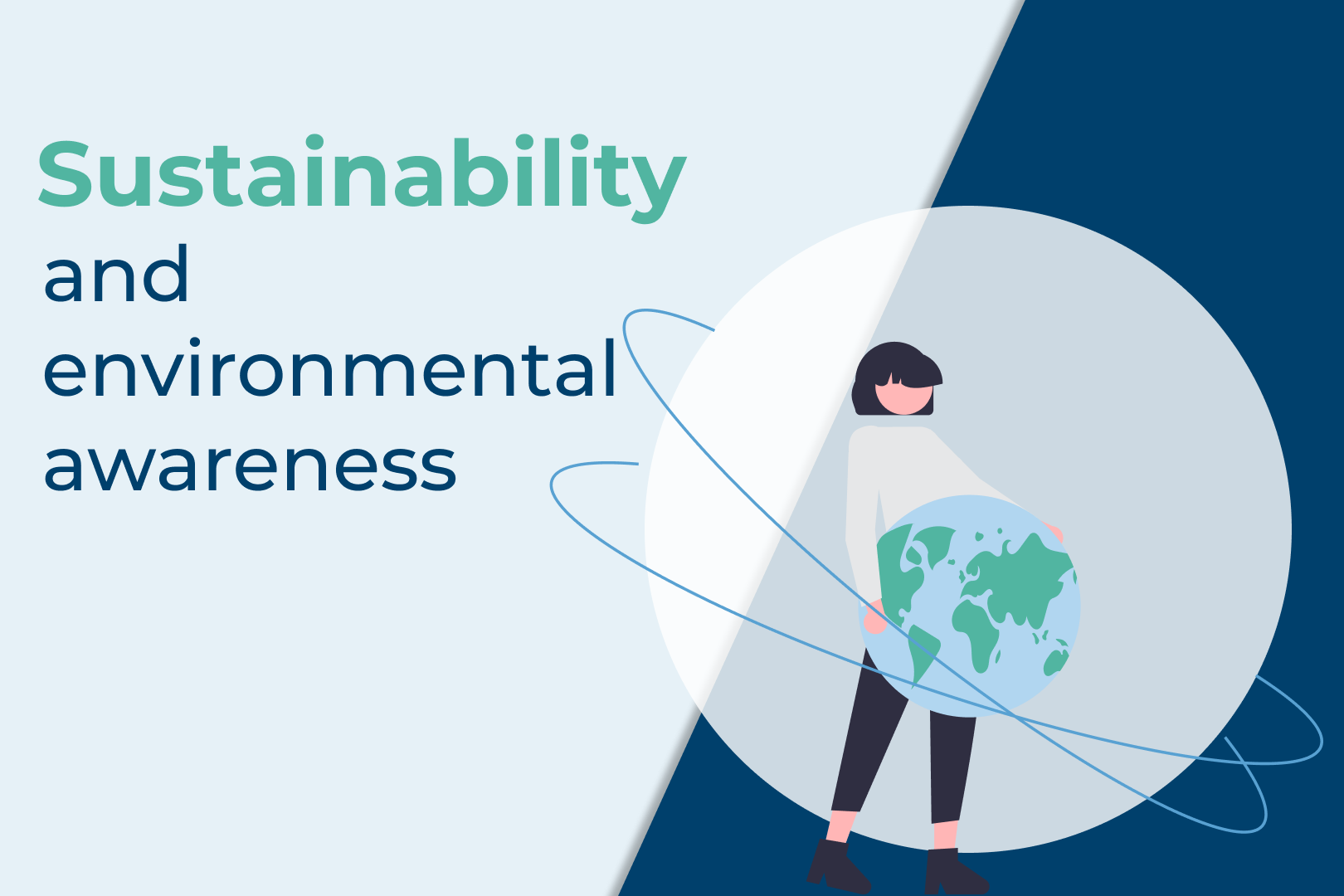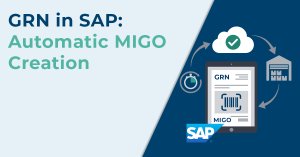With climate change and pollution becoming increasingly urgent issues, companies around the world are seeking ways to minimize their environmental impact. Sustainability is no longer just a trend but a necessity. One of the most promising strategies for reducing environmental footprints is digital transformation. By leveraging digital technologies, companies can not only improve efficiency but also significantly reduce their paper consumption—making a positive contribution to the environment.
The Importance of Sustainability in Corporate Strategy
Sustainability has become a core element of many organizations’ corporate strategies. Consumers and investors are increasingly focusing on environmentally responsible practices and products. Companies that actively promote environmental protection can enhance their image and gain a competitive advantage. According to a study by Nielsen, 66% of consumers are willing to pay more for products from sustainable brands.
Digital Transformation as the Key to Reducing Paper Consumption
Electronic Document Management
One of the most effective ways to reduce paper usage is by implementing electronic document management systems (DMS). These systems allow companies to store, organize, and share documents digitally—eliminating the need for physical copies and the associated printing and storage costs.
Digital Communication
The digitization of communication processes can also significantly reduce paper consumption. Emails, instant messaging, and video conferencing are replacing traditional forms of communication such as letters or faxes. This not only saves paper but also time and resources.
Cloud Solutions
Cloud-based solutions give companies the ability to securely store and access data online. This reduces the need for physical servers, storage space, and the energy consumption associated with them. The cloud also enables seamless collaboration across teams, regardless of their location.
Automation of Processes
Automating business processes allows companies to eliminate paper-based workflows. For example, digitizing invoicing and approval procedures reduces paper usage while boosting efficiency.
Environmental Benefits of Digital Transformation
Implementing digital technologies provides numerous environmental benefits:
- Reduced resource consumption: Less paper means fewer trees need to be cut down, helping preserve forests.
- Reduced energy consumption: Digital processes often consume less energy than paper-based alternatives.
- Minimized waste production: Eliminating physical documents also reduces overall waste generation.
- Improved transparency: Digital systems enable better tracking of resource usage and emissions.
The Challenges of Digital Transformation
Despite its benefits, digital transformation can present certain challenges:
- Investment costs: Adopting new technologies can involve substantial upfront expenses.
- Staff training: Employees must learn to use new systems effectively.
- Data protection: Managing sensitive information requires strong security measures.
Solutions
Companies pursuing digital transformation with sustainability in mind should take a thoughtful and strategic approach. A key first step is analyzing existing workflows to identify opportunities to replace manual, paper-heavy processes with digital alternatives. Document approval, for example, is often still handled manually using printed forms and physical signature folders—leading to unnecessary paper use and operational delays.
Solutions such as Symtrax’s Compleo WebSign, which automates document routing and approvals, can help eliminate printed paperwork entirely. Similarly, platforms like Compleo Invoice Platform support the digitization and automation of supplier invoice processing and e-invoicing—helping to reduce paper consumption, improve accuracy, and enhance process transparency.
These solutions are designed to integrate with existing IT infrastructure, making implementation smooth and minimally disruptive. By transitioning to digital workflows, companies not only boost operational efficiency but also take tangible steps toward sustainability—reducing waste, conserving resources, and lowering their overall environmental footprint.
Conclusion: A Step Toward a Sustainable Future
Digital transformation offers companies a valuable opportunity to reduce their ecological footprint while enhancing efficiency. Through electronic document management, digital communication, and process automation, businesses can reduce costs and contribute meaningfully to environmental protection.
As sustainability becomes an increasingly critical focus across industries, organizations are encouraged to adopt digital solutions that support both business performance and environmental stewardship. Taking this step not only strengthens long-term resilience but also reflects a broader commitment to protecting the planet.
Symtrax supports this transition by helping ensure digital tools and systems work together seamlessly. With scalable, compatible solutions, Symtrax enables companies to build efficient, sustainable, and future-ready operations


